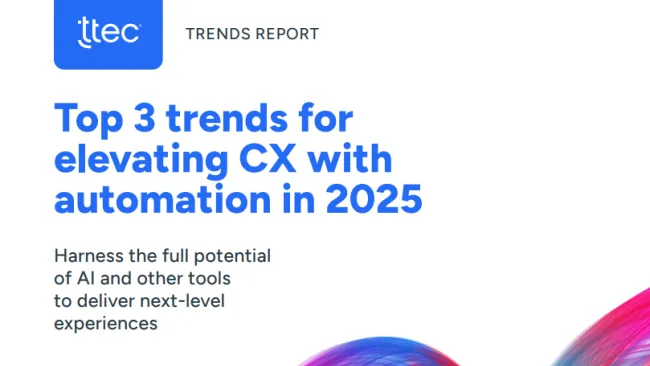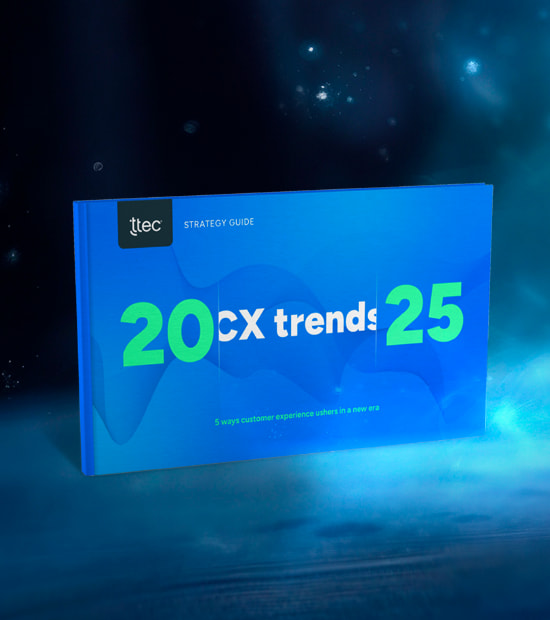Despite numerous roadblocks on the path toward adulthood, Millennials have finally come of age, gaining increased buying power along the way. But, as Millennials begin to make an indelible impact on today’s market, banks must adjust their customer strategy to appease this emerging demographic.
Millennials are regularly characterized by great debt and unprecedented unemployment, for these young consumers have been slow to accumulate wealth due to the Great Recession. However, Accenture now estimates that Millennials spend $60 billion each year—an amount that’s expected to grow to $1.4 trillion annually by 2020. Financial institutions can no longer ignore this group’s influence on future strategy.
For many banks, however, Millennials are still an enigma. These consumers represent an age range that covers a wide array of experiences. Older Millennials came of age before online and mobile banking were widespread, while younger Millennials have almost always had advanced technology within reach. Banks, therefore, must move beyond assumptions and take their cues from current customer behaviors to guide innovation and improvement. Ideally, financial institutions will focus on developing care strategies that cater to each individual customer.
Trust has always been the cornerstone of any healthy brand relationship, but recent years have strained Millennial perceptions of the financial services industry. As it stands, 50 percent of consumers are loyal to their current provider, but 40 percent are considering alternatives, as they value recommendations from friends and family above all else. Because financial institutions focus heavily on selling their products and services, Millennials believe these companies are only interested in satisfying their own agenda, not that of the consumer. More than anything, Millennials seek advice, as 51 percent want their provider to offer strategy discussion, according to a 2014 Harris Poll. Young consumers need guidance as they recover from the lasting effects of the Great Recession and financial institutions are poised to become their partner throughout the customer journey.
Personalization and individualized care will help lay this renewed foundation. Financial institutions cannot reach out to Millennials using outdated blanket messages that fail to resonate with their needs. These savvy consumers have been bombarded by mass messaging for most of their lives and are well aware that companies are capable of tailored offers and targeted communications today. Therefore, banks that maintain such old school methods will eventually become ancient relics themselves. Behavioral data provides banks with much of the information necessary to connect with consumers about what matters most in real time. Millennials refuse to be treated like they’re filling some quota. They want to be treated with the same dignity their older, more experienced counterparts receive.
Banks must also establish an effective social care system, for Millennials frequently take to Facebook and Twitter to share their frustrations and search for answers. Social listening strategies must be intentional. Banks must track mentions and respond to sensitive queries with speed and accuracy, as this public forum allows companies to demonstrate their proficiency, or display their inadequacies in the case of lackluster strategy. Millennials wish to be heard, and banks that fail to listen closely will miss countless opportunities to engage these valuable consumers and rebuild the trust and loyalty that continues to falter.
Ultimately, financial institutions must be proactive with their outreach efforts so they can get in front of Millennials before they’ve made any decisions. Banks must continue to establish seamless omnichannel experiences, of course, but they must not lose the human element in the process. Millennials don’t need another company trying to sell them products or services they don’t truly need. They want to engage with companies that clearly have their best interest at heart. Millennials want to develop partnerships that will advance their personal goals and help them regain their footing in this unsteady economy. Banks have the power to support this up-and-coming demographic in their time of need, but those that fail to recognize their position will compromise their own longevity in the future.
Also, check out the most recent issue of our eNewsletter.
Banks Must ‘Branch’ Out to Reach Millennial Consumers

















